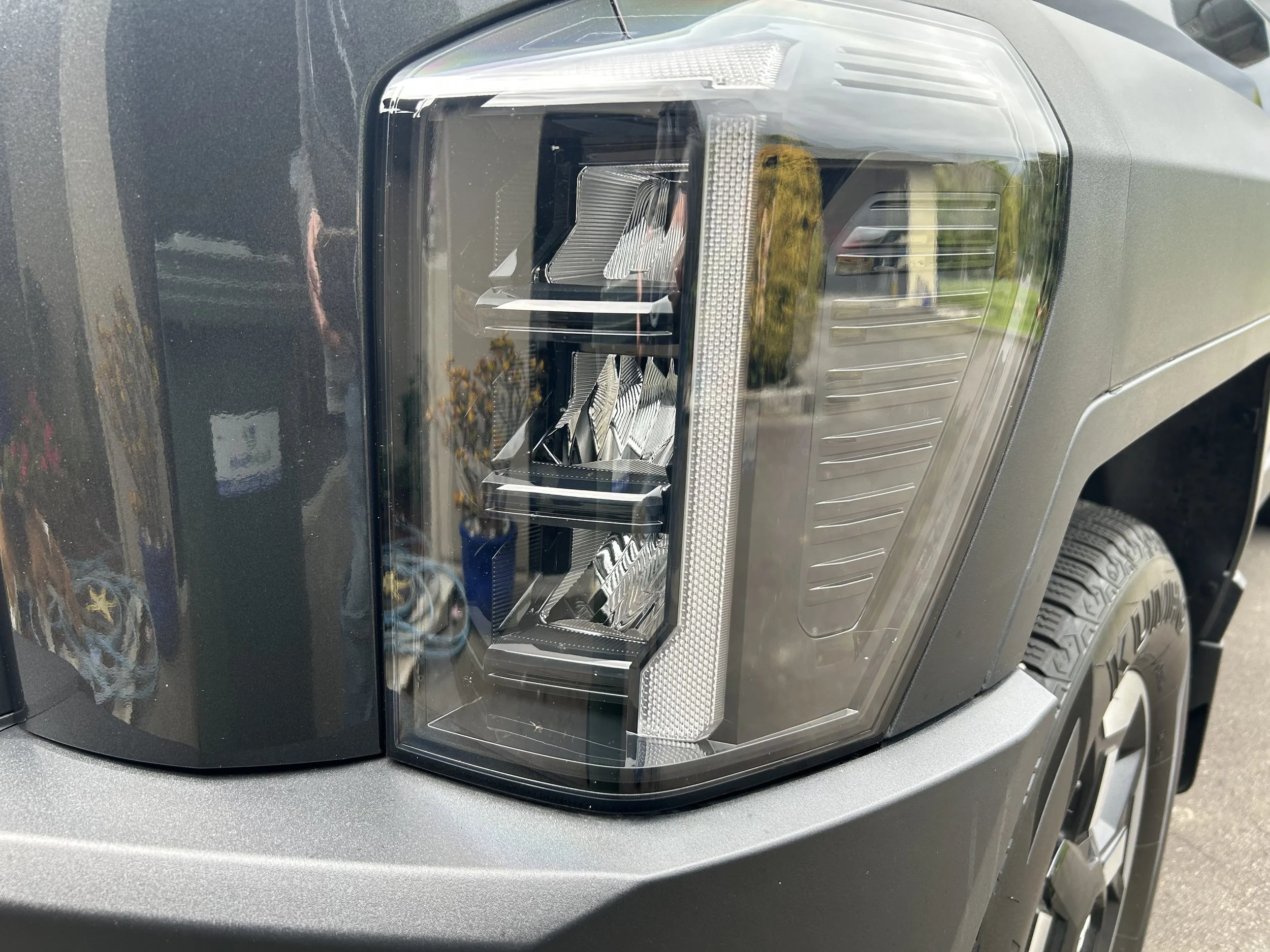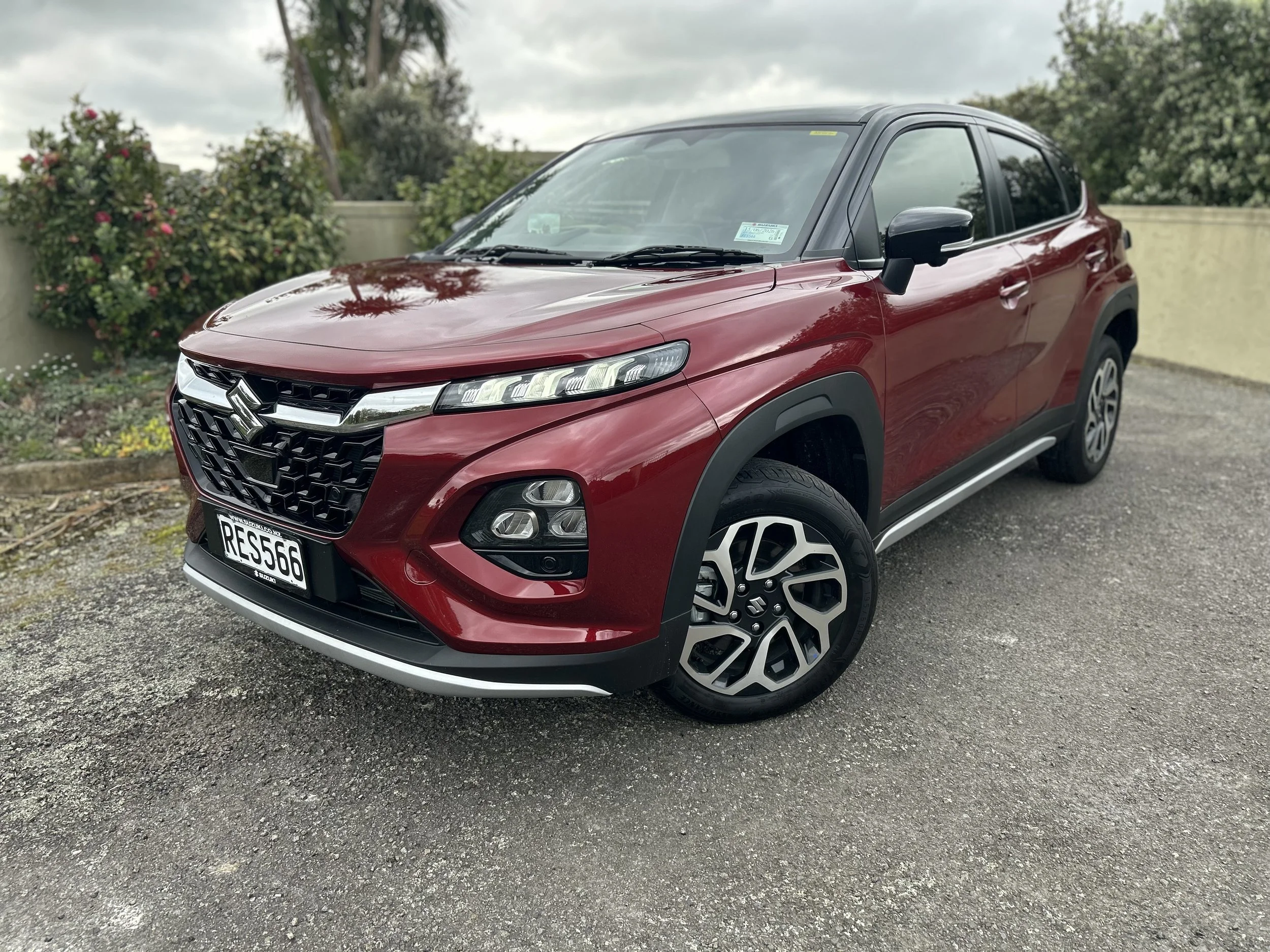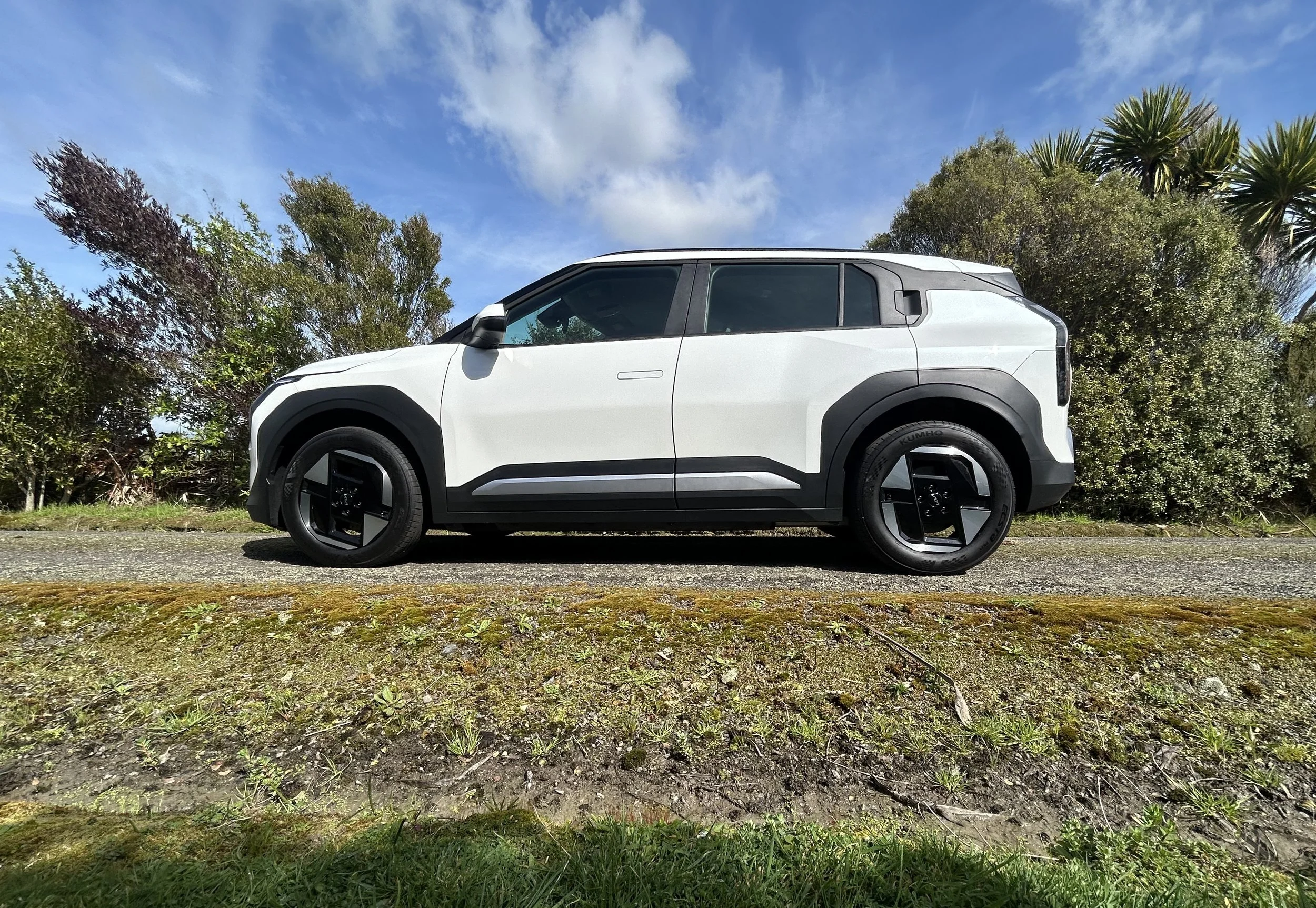New Yaris prices, spec revealed
/Toyota New Zealand has begun the launch campaign for the new Yaris, on sale from August.
PRICING of the new Yaris that bumps the Prius as Toyota’s most fuel-efficient car has been posted ahead of its availability.
Toyota New Zealand will avail the 1.5-litre car in four hatchback variants from August 1. These span two levels of trim, GX and ZR, starting at $25,990 and topping at $33,490, with the versions in each grade that add hybrid support to the constantly variable transmission petrol drivetrain carrying a $2000 premium.
On top of this, there’s the option of a two-tone paintwork for the ZR that adds $500.
The hybrid models, which use a lithium ion battery and make 85kW of combined power (67kW purely out of the engine, peaking at 5500rpm) and 120Nm at 3800-4800rpm (against 88kW at 6600rpm and 1450Nm at 4800-5200rpm from the pure petrol Yaris), are set to attract star status for their frugality.
Toyota is asserting potential for 3.3 litres per 100km optimal, which when achieved presents a 0.6L/km improvement over the best from the like-sized Prius C, which has a nickel hydride battery pack, and 0.1L/100km better than a full-sized Prius hatch. It also presents a 1.6L/100km advantage over the best a pure petrol new-gen Yaris will achieve, the brand says.
The new Yaris also stands out for having more safety features and driver assists than many offers in the small car category.
It is the first Yaris with the Toyota Safety Sense active safety systems and advanced driver assistance functions, that includes a range of driver information, early warnings and, when necessary, automatic braking and steering intervention.
All versions also debuts comfort technologies, including voice recognition and Apple Car Play/Android Auto running through a touch screen that also displays the view behind the car when it is being reversed and have adaptive cruise control.
The additional technology is a big leap for Yaris, and though it lifts this fourth incarnation of the car into a higher price zone than that occupied by the outgoing line, which cost between $23,290 and $27,490 when it launched back in 2012, the value of the additional content should certainly be considered.
The versions that are now being advertised are ultimately set to be joined later in the year by the Yaris Cross (above) – basically the same car in an elevated format with slightly more rugged styling enhancements but identical drivetrains – and then the Yaris GR, the long-awaited bonkers 192kW/360Nm hot hatch inspired by Toyota’s rally exploits which despite strong styling resemblance is so altered to effectively become less a sister ship than a distant relative.
The engine used by the Yaris and Yaris Cross takes the marque in a new direction, applying the Atkinson-cycle principles that have featured in previous fuel-eking Toyota petrol engines, but in a three-cylinder format. Toyota claims the 1.5 has a rated thermal efficiency of 40 percent, which it says is greater than comparable diesel engines.
In addition to ensuring good fuel economy, it also promises low CO2 emissions – just 76 grams per kilometre from the hybrid against 114g/km from the pure petrol Yaris shows what a difference the battery assist delivers.
Toyota says this hybrid version has been developed directly from the 2.0 and 2.5-litre hybrid powertrain used in the Corolla, C-HR, RAV4 and Camry.
Underpinning the nameplate is the Toyota new Global Architecture (TNGA), which also enables the implementation of hybrid drivelines easily and represents a leap in technology and driveability, with Toyota promising a substantially more engaging drive, improved comfort and refinement.
The Yaris and Yaris Cross have the same 2560mm wheelbase, but the hatch is 240mm shorter overall, the crossover adding 60mm to the front overhang and 180mm to the rear, to ensure more interior space. The ground clearance is 60mm higher with the Cross and, with 1550mm height, the hatch is 90mm lower and 20mm narrower overall.
Even though the GR was developed alongside the standard model, and shares the same wheelbase and platform, it is effectively a distinct car. The GR body takes Yaris styling cues, yet is so different no panels apparently interchange.
The performance model's emphasis on weight-saving means it incorporates more exotic materials – the payoff is in it being 38kg lighter than the standard car. It’s also a lot faster.
The GR's roofline is 95mm lower than the standard car, it has a substantially wider rear track and entirely new double wishbone rear suspension, features three doors - whereas a standard Yaris is a five-door – and the sole transmission feeding the engine – still three-cylinder, but a 1.6 - is a six-speed manual. The video below shows the effort Toyota puts into its GR.
The Yaris hatch model line and pricing: GX, $25,990; GX hybrid, $27,990; ZR, $29,990 ($30,490 with two tone paint); ZR hybrid $32,990 ($33,490 with two-tone).





















